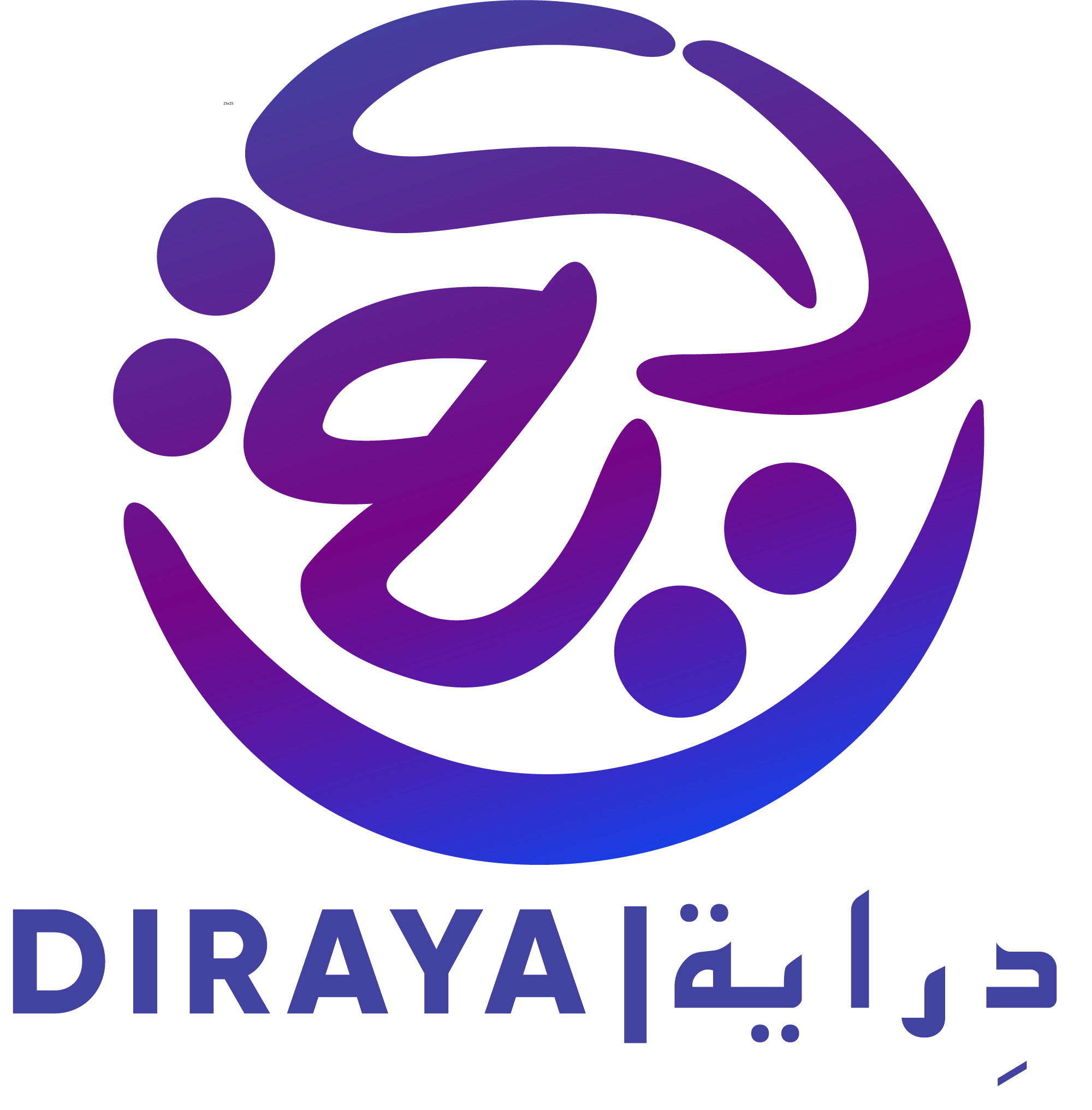The police forces violently raid your office and detain or take away most of your team, what do you do?
In November 2019, after an article about the son of the current Egyptian president was published by Mada Masr, their office was stormed by the police. Two-thirds of the staff were there and they were detained, interrogated, and some of them were even physically assaulted and taken to the police station.
“The timeline for the office raid incident started like that, we published the story about the president’s son, our news editor was arrested from his home in the next day and no one knew his whereabouts for two days, then the office was raided. Later, everyone was released”
Mostafa remembers, “the raid was a violent escalation of previous actions to harass us because it wasn’t targeting one person, but the whole team working at Mada Masr. Furthermore, there was no real physical assault during the raid.” The team members who were not present during the raid covered the incident live on social media to mobilize the public opinion in support of their colleagues and to try to protect them from police brutality.
“It was a confusing moment,” Mostafa recalls, “the journalist turned into the news. It is a stupid move [by the police] to try and turn the journalists into the news because journalists know how to control the narrative.”
Hours after the ordeal was over, the team members were in shock. The Mada Masr team needed mental health support to deal with the trauma of the violent raid. The team members stayed in contact with each other and this provided a needed support system. Mada Masr made sure that team members who needed hospitalization and therapy after the incident were taken care of.
Mostafa noted that after the incident, the article that sparked the police raid was not deleted: “We never delete anything, even when we do an error in an article, we post an updated corrected version, but we do not remove the original one.”
Reflecting on this experience, Mostafa said, “We knew the topic was sensitive, and there would be dangerous outcomes, but we did not expect what happened. Furthermore, we knew that we would have to be very accurate with the story and double-check all info and data and leave no gaps or else the mistake would be fatal.” For the lessons learned at Mada Masr on how to stay safe, Mostafa quoted his colleague Hossam, “when writing about a sensitive topic, write a story you can defend. No room for gaps.”
In the period that followed, Mada Masr worked on cleaning up the office after the destruction caused by the police raid and developed a raid plan to protect themselves in the future by fortifying the office, encrypting communication, and securing the website.









